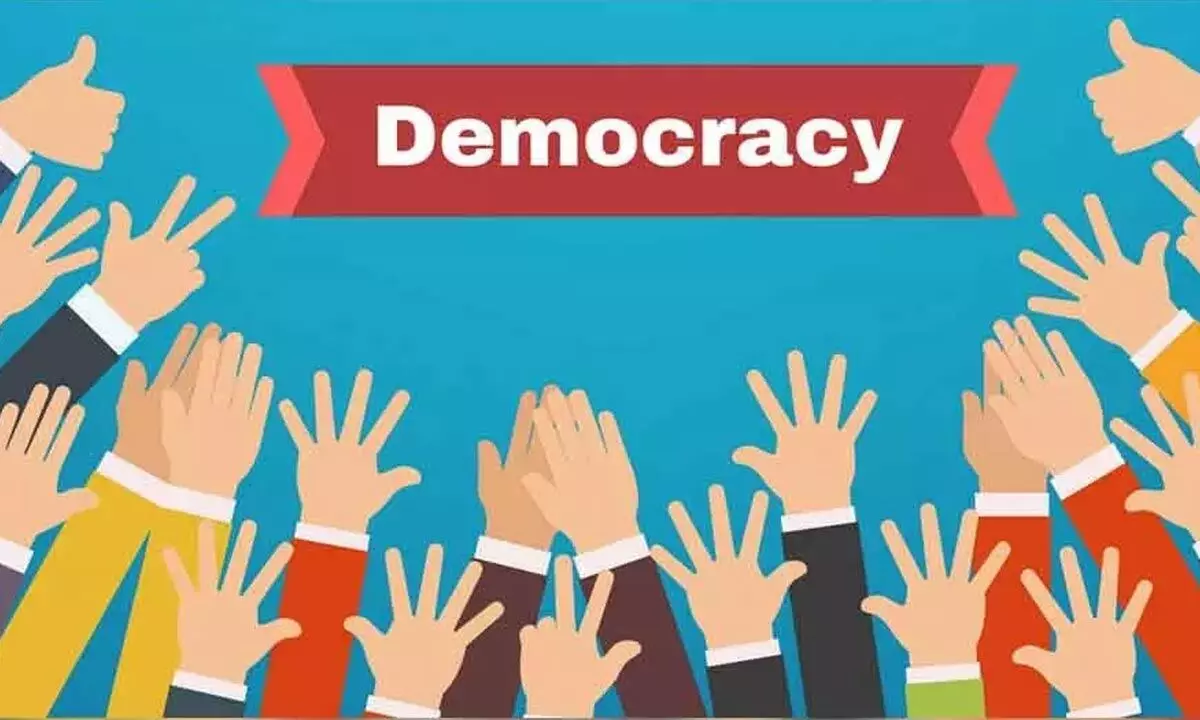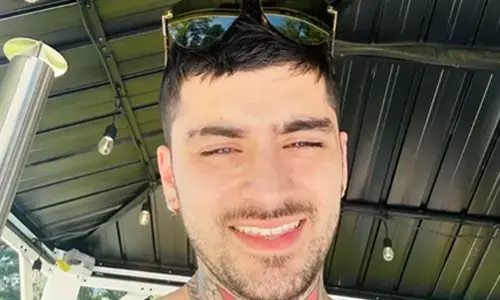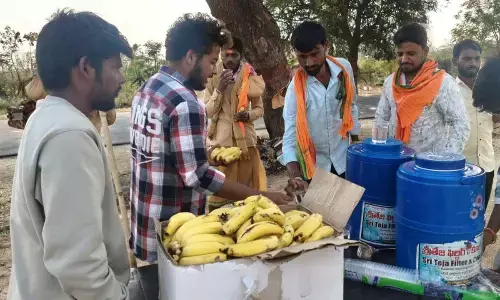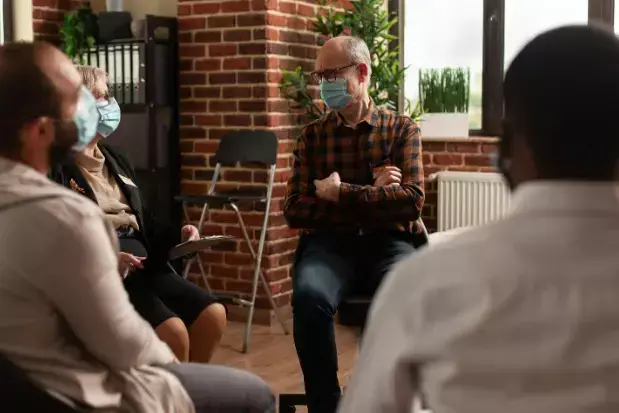Growing disconnect with democracy

Representational image
Last year, more than 100 faculty members from universities across the United States signed a statement warning that the threats to the electoral pillars of American democracy have become so serious that they urged corrective federal legislative action.
Last year, more than 100 faculty members from universities across the United States signed a statement warning that the threats to the electoral pillars of American democracy have become so serious that they urged corrective federal legislative action. The "Statement of Concern" has generated attention within the United States and internationally. Eleven Harvard University scholars had signed the statement, including six from Harvard Kennedy School—among them some of the most prominent academic analysts in the country on issues involving democracy policy and practices.
Those who signed the statement defended their positions and said it was time democracy had to be dealt with seriously. As in the US, we have two kinds of democrats in the country. The loser wilfully disregards the truth of democratic outcomes and the other, the winner, is the authoritarian democrat here. This is irrespective of the levels – State or Centre. But are the threats to the integrity of our democracy greater now than they have been in many decades as is the case with America now. The US voters – at least those concerned ones – feel that without a free and fair electoral system, the power that politicians and parties exercise has no democratic legitimacy.
While in the US the debate is on whether both Republicans and Democrats should exercise their civic responsibility to support free and fair elections and to oppose the frighteningly widespread efforts to undermine them, the Indian situation is vastly different from it. Here we spend more time on small talk. It is excruciatingly painful and useless. Blame game is our national sport and we passionately grind our axes. But, what we see is a democratic deterioration that could be evident since the very beginning of our freedom.
As in the case of America, a certain deepening of cultural polarisation and the use of unaccounted money is normal here, too. Too much backsliding, attacks on the news media, risks to the impartiality of the judiciary and lack of checks and balances have become common. As for the media, there is little neutrality left now in our country. Both Islmaphobia and Hinduphobia have become heady wine in this case and the views aired are only a version of the truth. It is not a battle of Secularism vs Hindutva as is being projected but only a tussle to gain an upper hand in spreading lies and half-truths and post-truths. We don't have to take them seriously. As for the consumers of this 'news,' it is all about their pro and anti stands. That is all.
The crisis of American democracy and that of Indian democracy are similar. It is a culmination of an illness that started slowly and almost imperceptibly but now imperils the body politic, rather like a serious disease that festers in a patient's body for years, but suddenly breaks out in a life-threatening emergency. In such a medical crisis, physicians propose therapies to save the patient, emphasizing institutional reforms on such issues as voting rights, electoral administration, and the filibuster. All of us agree that those reforms are urgent and essential. But as in the medical case, members of our group have different diagnoses of the underlying ailment. Some prefer historical, some political and some others economic. But more important will be moral and ethical reforms within oneself.










